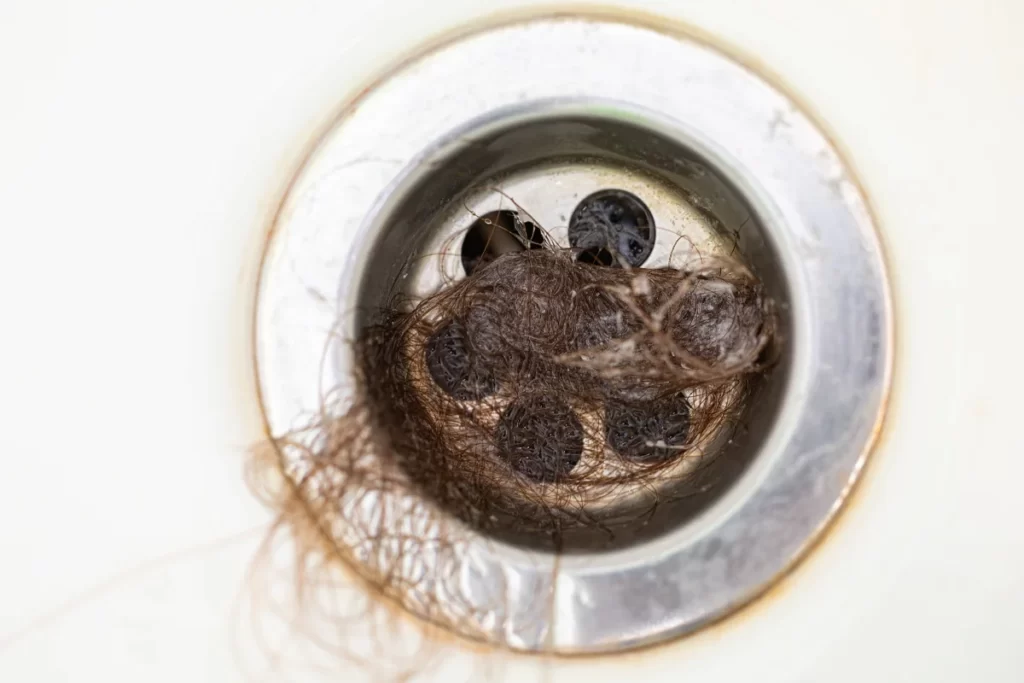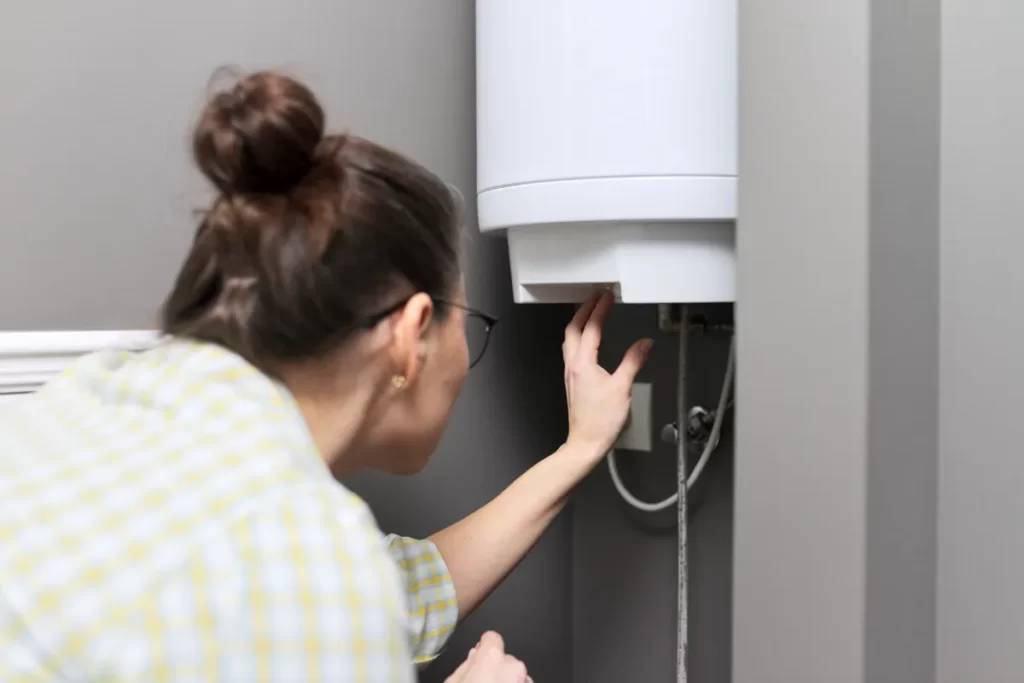When it comes to household issues, few things are more exasperating than common drain problems. From pesky clogs to mysterious odors, understanding the causes and prevention strategies is vital for maintaining a smooth-running home.
Causes and How to Prevent Them
Understanding Drain Blockages: A Common Culprit
Drain blockages are the bane of every homeowner’s existence. Hair, grease, and debris tend to accumulate, leading to slow drainage and, eventually, a complete blockage. Regular maintenance is key to preventing these pesky obstructions. Using drain strainers and refraining from pouring grease down the sink are effective preventive measures.
Tree Roots: Nature’s Intruders
Tree roots infiltrating your drainage system might sound like a scene from a horror movie, but it’s a common issue. These relentless roots can crack pipes and create blockages, causing significant damage. Regular inspections by professionals and strategic planting away from drain lines can thwart nature’s intrusive advances.
Corrosion Woes: Aging Pipes
As pipes age, corrosion becomes a significant concern. Rusty pipes not only hinder water flow but can also contaminate your water supply. Regular inspections can identify corroded pipes early. Replacing corroded sections and opting for corrosion-resistant materials during repairs can prolong your drainage system’s lifespan.
Foul Odors: The Stinky Situation
Foul odors wafting from drains are not just unpleasant; they can indicate underlying problems. Dry traps, stagnant water, or debris buildup can lead to these malodorous situations. Regularly running water in unused drains and periodically flushing drains with a mixture of baking soda, vinegar, and hot water can banish these odors effectively.
Preventing Drain Problems: A Proactive Approach
Preventing drain issues is undoubtedly the best approach. Here are some proactive measures you can take to maintain a trouble-free drainage system:
- Regular Inspections: Periodic professional inspections can identify potential problems before they escalate.
- Proper Waste Disposal: Dispose of grease, coffee grounds, and other debris in the trash, not down the sink.
- Install Drain Screens: Use drain screens to catch hair, soap residues, and other debris, preventing them from entering the pipes.
- Mindful Landscaping: When landscaping, be aware of the location of drain lines to avoid damaging them with plantings or excavation.
- Hot Water Flushing: Occasionally flushing drains with hot water can dissolve minor clogs and prevent buildup.
- Educational Awareness: Educate household members about what can and cannot be flushed down the drains to prevent accidental blockages.
About Common Drain Problems
How Can I Prevent Hair Clogs in my Shower Drain?
Hair clogs are a common issue in shower drains. To prevent them, consider using a drain strainer to catch hair before it enters the pipes. Regularly clean the strainer, and occasionally pour hot water down the drain to dissolve any accumulated soap and hair residues.
Are Chemical Drain Cleaners Safe to Use?
While chemical drain cleaners can offer a quick fix, they are not the safest option. These harsh chemicals can damage pipes and harm the environment. Opt for natural alternatives like baking soda, vinegar, and hot water for minor clogs. For persistent blockages, consult a professional plumber.
Why Does My Kitchen Sink Smell Bad?
A foul odor from the kitchen sink is often caused by food residues stuck in the pipes. To eliminate the smell, pour a mixture of baking soda and vinegar down the drain, followed by hot water. Regularly clean the sink and avoid letting food scraps enter the drain.
Can Tree Roots Really Damage Drain Pipes?
Yes, tree roots can infiltrate drain pipes in search of water and nutrients. As they grow, they can crack pipes and create blockages. Regular maintenance, including root barrier installations and professional inspections, can prevent root-related damage.
How Often Should I Schedule Drain Inspections?
Routine drain inspections are crucial for detecting issues early. It is advisable to schedule professional inspections at least once a year, especially for older properties.
What Should I Do if My Drain is Completely Blocked?
If your drain is completely blocked and DIY methods don’t work, it’s time to call in the professionals. Attempting to force the blockage with excessive pressure or chemicals can worsen the problem. Professional plumbers have the expertise and tools to resolve stubborn blockages safely.
Conclusion
In the battle against common drain problems, knowledge and proactive measures are your strongest allies. By understanding the causes and implementing preventive strategies, you can ensure your drains remain clear and odor-free.
Remember, regular inspections, proper maintenance, and mindful habits are the keys to a smoothly flowing drainage system.



